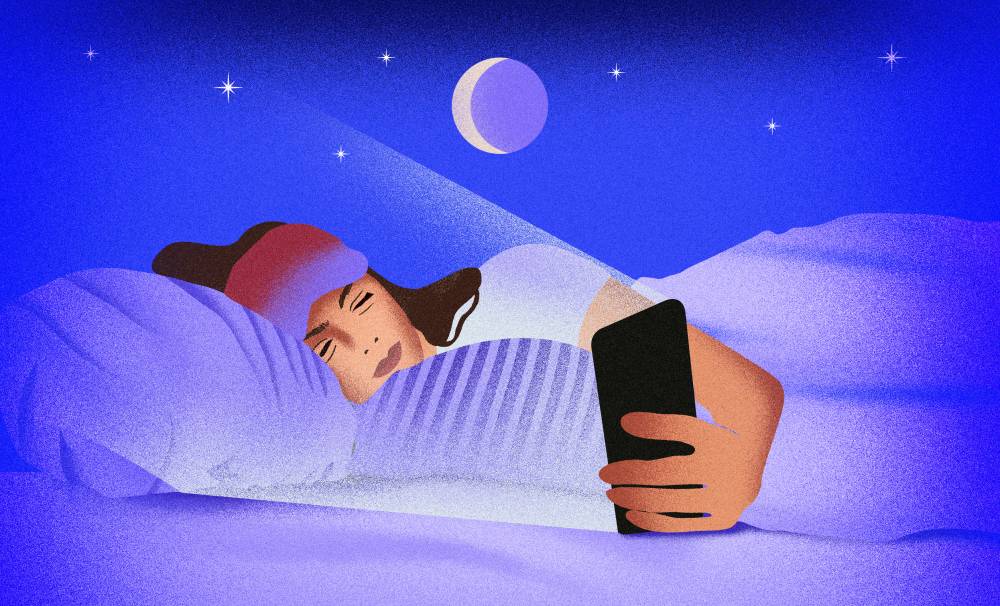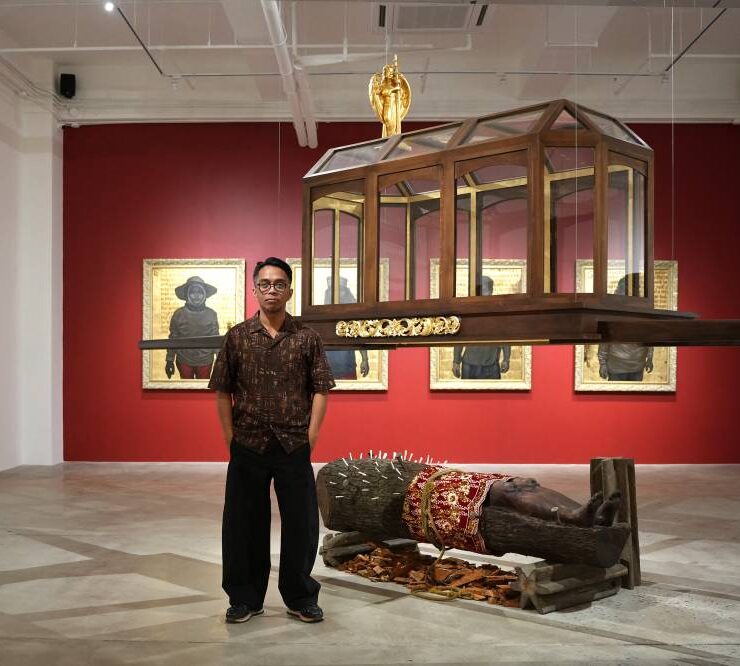When your body wants rest, but TikTok says no

Dining out with friends has always been a cherished activity—a time to unwind, share stories, and laugh over good food. Our conversations typically drift from lighthearted showbiz gossip and recent purchases to deeper topics such as health and aging.
And increasingly, our most frequent discussion centers around one shared concern: sleep, or more precisely, the lack of it.
The signs of aging
As my friends and I enter a new phase of life, our once vibrant conversations about future plans or exciting adventures have given way to talk of backaches, knee pain, and fluctuating blood pressure. It is an amusing yet sobering sign that we are undeniably getting older. Despite our best efforts, including diligent skincare routines and the occasional visit to a dermatologist, the realities of aging manifest in more ways than wrinkles.
Among all the changes, one in particular has become increasingly frustrating: disrupted sleep. I often find myself recalling the days when I could fall asleep anytime, anywhere. In my twenties (and through my forties), eight hours of sleep was never a challenge.
But today, even when I am home early and determined to sleep on time, I still struggle to rest fully through the night.
Despite the comfort of my bedroom, the soft hum of the air conditioner, and the familiar rhythm of my dog Milo’s gentle snoring, restful sleep often eludes me.
My bedside table now resembles a small pharmacy—stocked with mentholated muscle creams, vapor rubs, eye drops, and pain relief patches. In a separate tray, I keep an assortment of sleep aids, such as melatonin supplements, calming gummies, over-the-counter capsules, and nighttime syrups. While I keep these nearby, I use them sparingly. Despite claims of being non-habit forming, I worry about becoming dependent on them.
But why can’t I sleep?
Research confirms that as we age, getting quality sleep becomes more difficult due to both biological and lifestyle changes. Factors such as shifting circadian rhythms, reduced melatonin production, chronic health conditions, and medications all contribute to poor sleep. Furthermore, frequent trips to the bathroom, increased stress levels, and general physical discomfort add to the challenge.
In truth, while all of these are valid, I also know what my biggest culprit is: screen time. I am guilty of scrolling endlessly on my phone before bed—a habit I know I should break. The blue light emitted by screens is widely known to interfere with sleep, and yet I find it difficult to fall asleep without the ambient noise of random videos playing in the background.
Ironically, the silence that follows when my phone battery dies is often what wakes me up.
This habit has taken a toll on my eyesight and contributes to my insomnia. And I recognize the importance of disconnecting and creating a healthy nighttime routine. Rest is essential, particularly as we grow older and our bodies demand more recovery time. Feeling tired throughout the day has become all too common, and with so many responsibilities and commitments, there is little room to be unwell.
Starting a new routine
Another thing I know I need to do—and have been putting off—is exercise. I have read time and time again about how even a bit of regular movement can help improve sleep, mood, digestion, and joint pain.
Stretching, in particular, is said to be incredibly beneficial for people my age. It relieves tension, improves circulation, and prepares the body for rest. And yet, I continue to tell myself that I’ll start on it tomorrow.
I will not lie. The idea of starting a new routine feels overwhelming. I always think that I am too tired to exercise, but I am beginning to realize that maybe I am tired because I do not move enough. And I need to change that. Even a short walk or a few gentle stretches before bed could help ease the aches and calm my mind. My body is giving me signs, and it is time I start listening to it.
Thankfully, a friend and trusted medical professional, Dr. Gwyneth Velez, introduced me to the benefits of probiotics. Since then, I have incorporated Culturelle into my daily routine—ensuring that at least one part of my wellness is consistently supported.
Sleep may be harder to come by these days, but with self-awareness, better habits, and hopefully some physical activity soon, I remain hopeful that restful nights will return. After all, aging gracefully is not just about looking young. It is about feeling well, too.
Now, if you will excuse me, I am off to stretch. Or at least to sit in my stretchy pants and think about stretching. Baby steps.





















